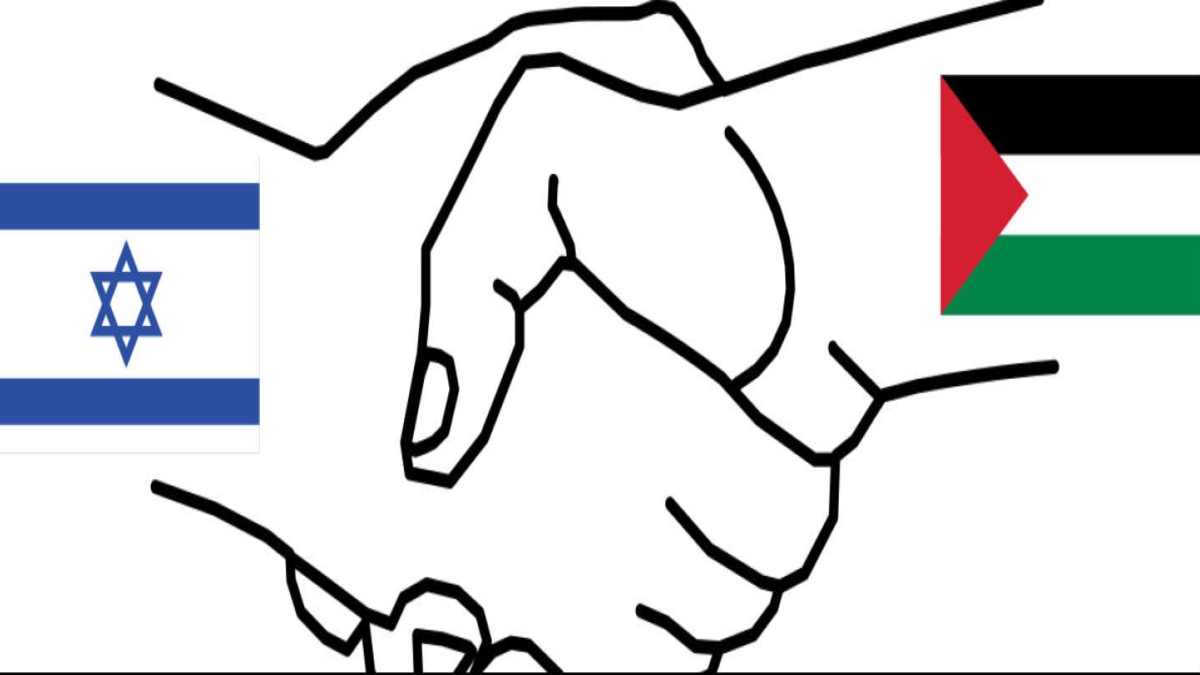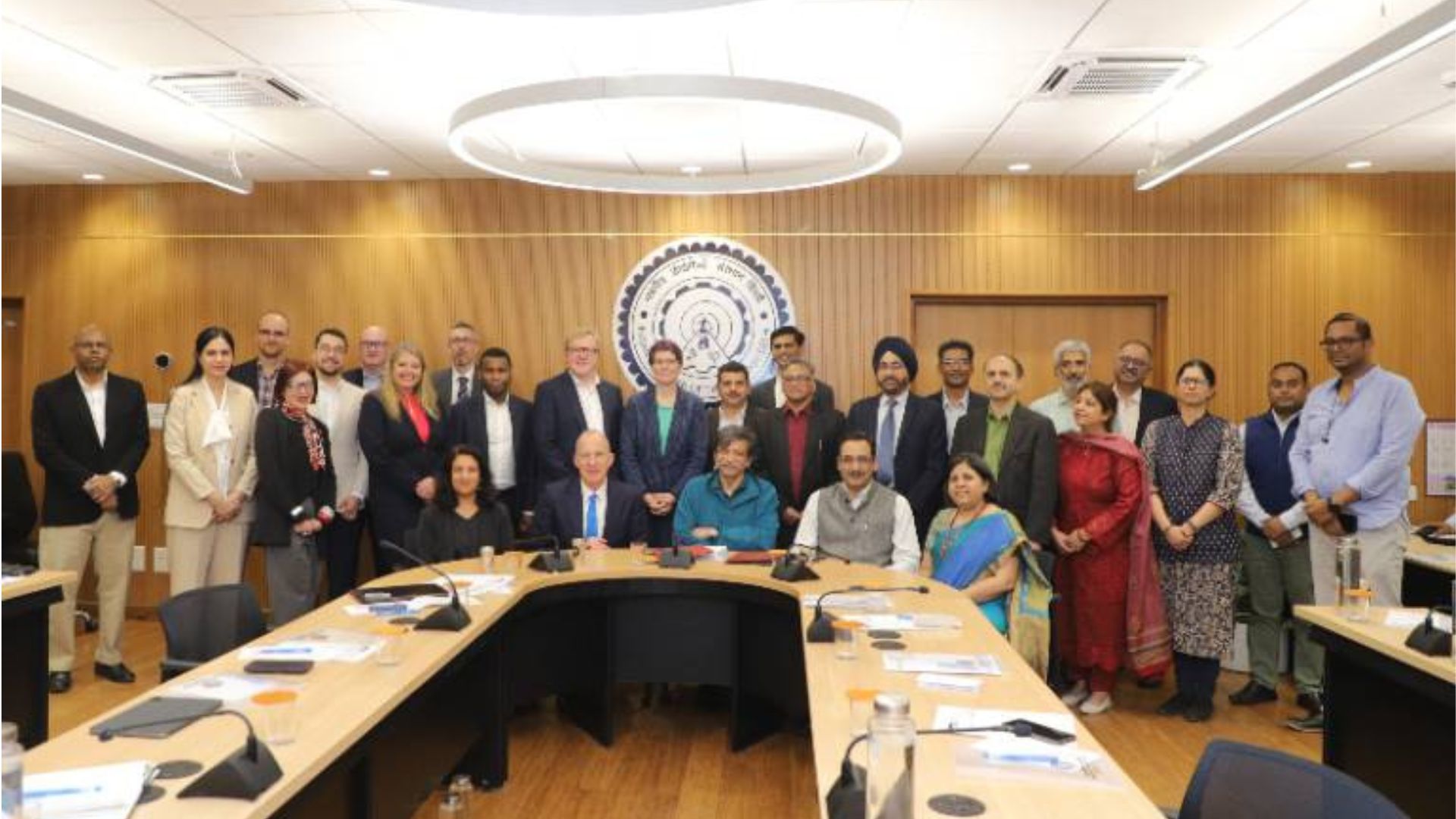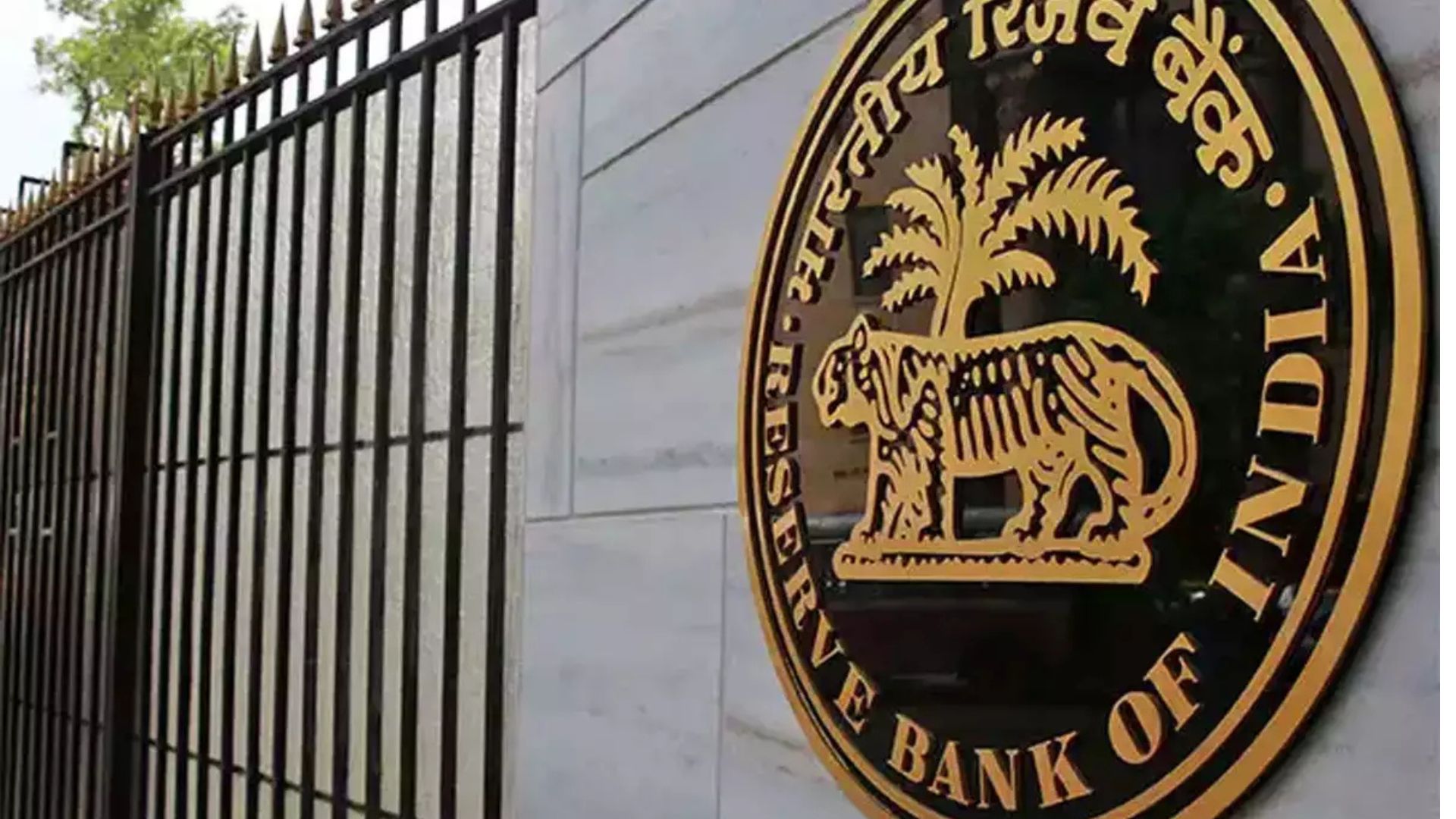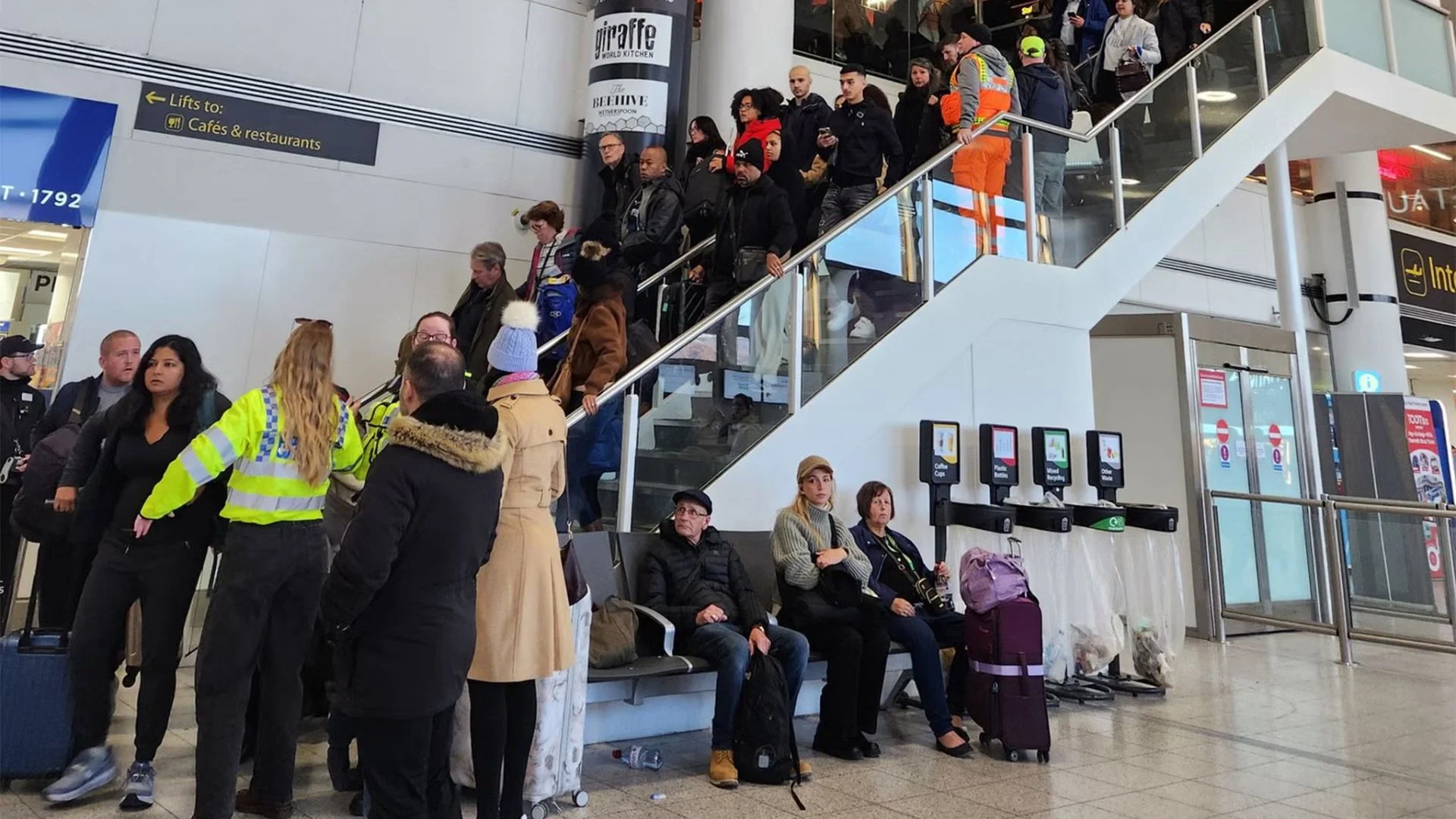
No people in the world have been subjected to such incalculable injustices and atrocities as the Jews. Not by the Arabs or Mongols in medieval times but by a European nation in the 20th century, Germany. Holocaust wasn’t fiction; it did happen. More than five million Jews were killed. This is why many Israelis empathise with the fate of the Palestinians and feel their sense of loss.
The Western powers led by the UK and the US got the UN to adopt the UN Partition Plan for Palestine (Mandatory) on 29 November 1947 (UN Resolution 181-II) which envisaged the creation of independent Arab and Jewish states with the city of Jerusalem as a corpus separatum (separate entity) to be governed by a special international regime. The resolution also provided an option for the Jews living in different parts of the world to migrate to Jerusalem. India voted against the creation of a settler state based on religion; however, it did recognise the state of Israel in 1950. As a result of the 1948 Palestine war, roughly 85% of the total population of the area that formed the state of Israel fled or were expelled and became Palestinian refugees in the West Bank, Gaza Strip, Jordan, Syria, Lebanon, and other neighbouring Arab countries. Six-Day war in 1967 in which Israel defeated the combined Arab opposition (it captured the Gaza Strip and the Sinai Peninsula from Egypt, West Bank including East Jerusalem from Jordan and the Golan Heights from Syria) led to another exodus of displaced Palestinians. By 2019, as per the UN agency United Nations Relief and Works Agency for Palestine Refugees in the Near East (UNRWA), there were over 5.6 million registered Palestinian refugees. But this number didn’t include around 1.5 million Palestinians, who became the Palestinian minority in Israel.
The history of the Arab-Israeli conflict over the years shows that no Arab country or a group of Arab countries (Egypt, Syria, and Jordan in 1967) could defeat Israel; it is overwhelmingly superior to the military. Therefore, even after the Egyptian soldiers took Israel by surprise in 1973 by crossing the Suez Canal (Operation Badr) at night, Egyptian President Anwar el-Sadat, realising the futility of armed conflict with Israel made the historic trip to Jerusalem (20 November 1977), addressed the Israeli Knesset and announced peace with the arch-enemy. This led to the Camp David Accords signed by Anwar Sadat and the Israeli Prime Minister Menachem Begin on 17 September 1978 at the White House witnessed by the US President Jimmy Carter following 12-day long negotiations at Camp David. For their historic peace efforts, Sadat and Begin shared the Nobel Peace Prize for 1978. Alas, for his daring initiative, Sadat paid with his life. He was assassinated by an Egyptian Jihadi group while inspecting the annual victory parade in Cairo on 6 October 1981.
Growing disillusionment about the prospects of an independent Palestinian state triggered off intifada: youth protests on the West Bank, Gaza Strip, and in Israel against the events of 1987-1993. 18 years after Sadat’s trip to Israel, a Palestinian leader Yasser Arafat, who had vehemently criticised the Camp David Accords between Egypt and Israel, himself agreed to the Oslo II Accord with Israel in Washington on 13 September 1993 in the presence of the US President Bill Clinton and Israeli Prime Minister Yitzhak Rabin. While serving as the Defence Minister, Rabin had ordered the bombing of the Palestine Liberation Organisation (PLO) headquarters in Tunis (October 1985) to kill Arafat. While the PLO pledged to shun violence and recognised the state of Israel, the Jewish state recognised the PLO as the legitimate Palestinian Rep for negotiations and agreed to the creation of the Palestinian Authority and partial self-rule in the parts of West Bank and Gaza Strip; the accords didn’t create a state of Palestine. Issues such as Jerusalem, Israeli settlements, Palestinian refugees, security, and borders were to be settled by the two sides during the five years of the interim period.
The raison d’être for these accords was also the realisation of the futility of violent means by Arafat and Rabin; they were also awarded Nobel Peace Prize along with Shimon Peres (1994) for what Arafat called the ‘Peace of the Brave’. Unfortunately, Rabin met the same fate as Sadat; he was assassinated by a Jewish radical at the end of a rally in support of the Oslo Accords in Tel Aviv on 4 November 1995.
Hamas, opposed to giving up armed struggle, won the Palestinian election in Gaza Strip (2006) and assumed its administration (2007); this seriously dented Palestinian National Authority’s (PNA) power. To bolster its image among Palestinians, Hamas occasionally launched rockets at Israeli cities indiscriminately provoking retaliation by Israel resulting in the loss of lives and property; the ratio of loss on the Israeli and Palestinian sides are usually 1: 20. In the present round of bloody conflict which is déjà vu of 2014, while Israel has lost 12 persons, Hamas lost more than 240 Palestinians including women and children. Over 600 buildings, including a 14 storey building that housed the AP and international media, have been destroyed and over 2000 civilians have been seriously injured.
Serious mediation by Egypt and Qatar has facilitated a ceasefire that is holding fragilely. Both sides have claimed victory amidst their constituencies. Prime Minister Benjamin Netanyahu has been facing serious corruption charges and failed to win a majority in the last three elections to underline his credentials as an uncompromising leader. Hamas exploited the Israeli crackdown in East Jerusalem to fire rockets at Israel to underline its anti-Israeli credentials to win elections on the West Bank set to take place shortly after 15 years. The loss of lives and human sufferings are collateral damages in the wider political objectives of the two sides. The recent conflict will increase mistrust, bitterness, and hatred between Israelis and Palestinians.
Israel must accept the reality that military superiority and destructive punitive actions haven’t got it the peace. Hamas have to realise that their rocket attacks and killing Israelis won’t bring their dream of the Palestinian state any nearer. Both sides have to acknowledge the futility of violence and create conditions for the coexistence of two states living in peace and security.
The author, a former Ambassador, writes on political and strategic affairs. The views expressed are personal.















